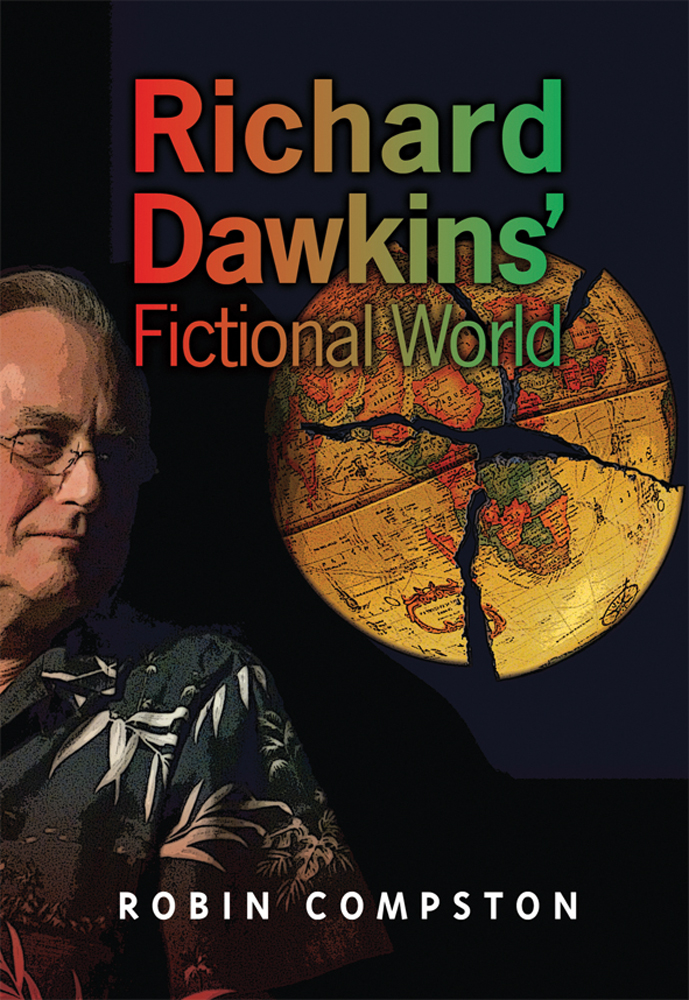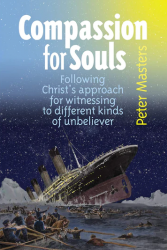
Richard Dawkins’ book The God Delusion has sold in millions, attacking the God of the Bible with a ferocity not seen since the heyday of aggressive communism. But these assaults contain numerous mistakes, as many noted reviewers have pointed out.
In this brief and readable response, Robin Compston exposes with exceptional clarity major mistakes, and at the same time shows the reality and value of the faith under attack.
The author is a systems architect who also heads an outreach team at the Metropolitan Tabernacle in central London.
Extract
Curiosity is part of human nature, and what starts as a child’s investigation into the confines of its cot may lead to the most searching enquiry into where this universe came from, how we came to be here, the meaning of our brief life and whether there is a future existence beyond the present. We try to gather the pieces together and build in our minds a viewpoint that makes sense. But this viewpoint will not be accurate or helpful if it leaves out the most important facts available to us.
Do we take account of the existence of God, as a pure and holy being, without beginning and without end, who made all things out of nothing, and who is above and beyond this visible universe? This is the God described in the Bible, which says that the world that God made is a world of order, a world regulated by laws which are predictable and can be depended on. We can understand the world because it has been made by a rational being who has given us the gift of reason. In a world made by God, we know why we are here, and we see a purpose in individual lives. The Bible teaches that good is an unchanging eternal value which originates in God’s own character, and that God requires us to be good. We fail, and yet there is hope of life beyond the grave because God is merciful, and has sent a Saviour, the Lord Jesus Christ, to earth to die for sinners and to make forgiveness possible.
In his book, The God Delusion, Richard Dawkins argues for a very different attitude to life and the world. It is a world from which God is excluded, setting us free from the shackles of religion. In this world we are required to deny our instinctive awareness that we are designed, and to believe that the universe and we ourselves are here by accident. There is no meaning to life in this chance universe, except the meaning that we create for ourselves and which is soon swept away. Good and evil are simply human conventions and there are no solid foundations for morality, or moral absolutes. Dawkins knows of no hope beyond this life, and the only comfort he can offer us in death is the comfort of non-existence.
This is the materialistic dream: an attempt to give a purely naturalistic explanation for life. But it leaves out too many factors to be an explanation worthy of our respect. It cannot account for the existence of life in the first place, nor of mind, thought or reason. (We know intuitively that matter can never behave like mind.) It has no place for the will, or for man’s strong sense of purpose. It cannot explain why we have consciousness, something which we cannot deny. Nor can it tell why we are born with this profound sense of right and wrong. Yet these things dominate the experience of each one of us.
Dawkins’ world cannot account for why we live in an orderly universe, in which nature operates according to rational laws which we can understand. Why should the logic in our heads agree with the rules which govern nature’s behaviour? We trust our five senses to tell us about the world around us, but in a chance world, why should they tell us the truth?
Dawkins wants to replace God’s world with a world of his own. In the following pages, we will explore Dawkins’ fictional world, and examine a number of extracts from The God Delusion.














